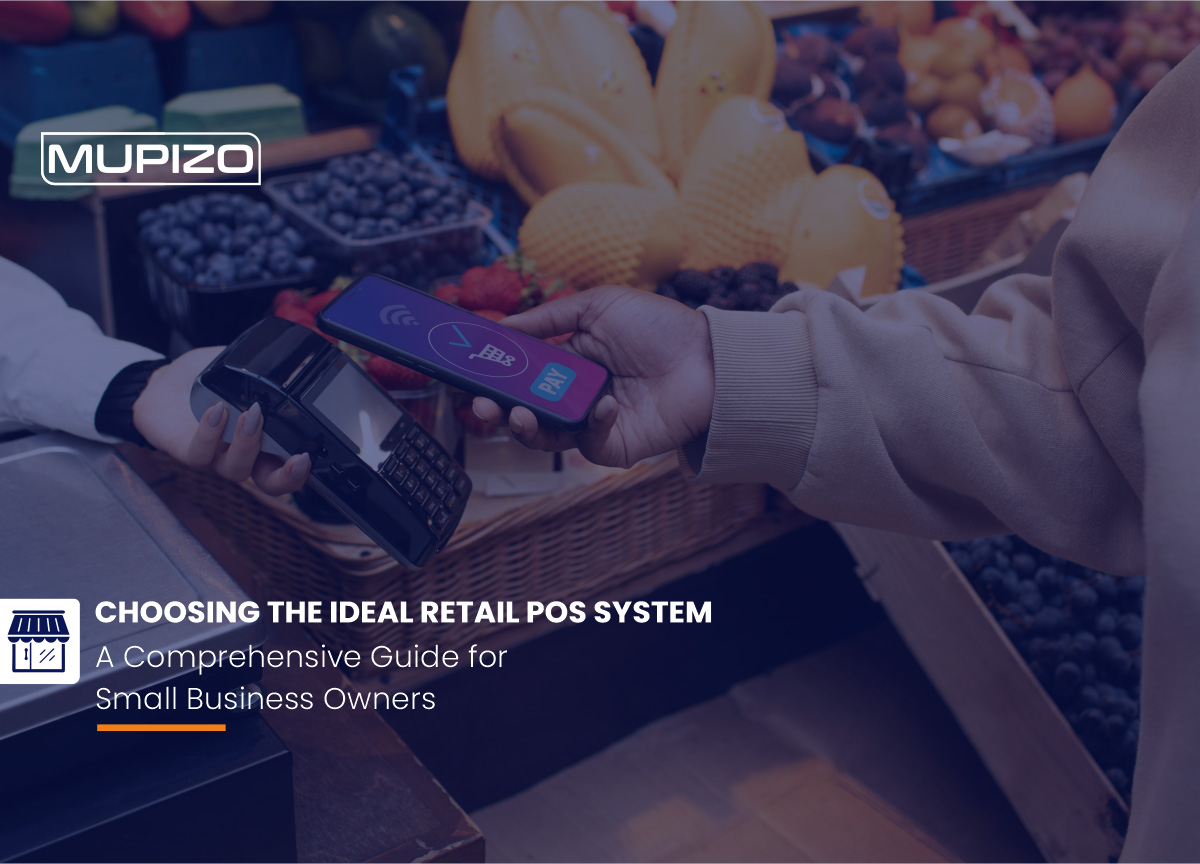Essential Factors to Consider When Selecting a Retail POS System

In recent years, the market has seen a proliferation of point-of-sale (POS) systems, offering a plethora of subscriptions, configurations, hardware, and software options for small business owners in the retail sector. This influx of choices has made it both easier and more challenging for retailers to find the perfect POS system tailored to their specific needs. In this article, we will provide you with an in-depth checklist of important considerations for selecting the right POS system for your retail outlet, while also highlighting the top POS systems in 2023.
Retail Point-of-Sale (POS) Systems and Software
Modern retail POS systems are expected to adapt seamlessly to evolving customer demands and technological advancements. They must facilitate real-time updates to ensure everyone operates on the same assumptions. Furthermore, these systems must handle various billing scenarios, including straightforward purchases and custom orders. Payment processing should be swift and versatile, accommodating different payment methods preferred by customers. Additionally, robust reporting capabilities are essential to gain valuable insights into sales trends for effective marketing strategies.
While many POS systems claim compatibility with various small business software, the actual integration outcomes can vary significantly. Retail business owners often find themselves at the mercy of software updates, which can disrupt once-smooth transactions. To mitigate such risks, it is wise to opt for POS providers with a proven track record across diverse business types. A system that works across different backgrounds and organizations speaks volumes about its reliability.
What POS Features Should You Choose for Your Retail Store?
Selecting the right POS features for your retail store hinges on the nature of your business. Here's a checklist to guide you:
1. Purchases:Consider how customers can make purchases and returns. Can online purchases be exchanged in-store? Is store credit applicable to both virtual and in-person transactions? Evaluate the flexibility of payment options, including splitting payments and accepting online payments in a brick-and-mortar store.
2. Reporting:Strive for an omnichannel experience, ensuring consistent branding and personalized offers. Informed decisions can be made by analyzing basic data, leading to the removal of low-demand products, tracking customer buying patterns, and identifying revenue-driving sales trends.
3. Payments:The payment landscape has expanded significantly. Ensure your POS system can handle various payment methods, including contactless solutions, cryptocurrencies, and interest-free payment plans.
4. Scaling:Be cautious of POS systems designed for low-volume transactions. They may be cost-effective initially, but they can become limiting as your business grows. Look for systems that can scale with your small business.
Uses of Point-of-Sale Retail Software
When considering a POS system for your retail business, it's essential to understand the versatile functions these systems can perform:
1. Inventory Management:A robust POS system allows you to monitor inventory in real-time, preventing issues like selling out-of-stock items. It can manage orders, provide accurate inventory data, and offer insights into sales trends, helping you make informed decisions.
2. Invoicing:Simplify the billing process for both merchants and customers. A well-designed POS system provides clear information about purchases, costs, and sales terms, facilitating record retrieval when needed.
3. Extras:Many POS systems offer additional features such as payment processing solutions, credit card payment services, payroll management, loyalty programs, and eCommerce store management. Identify which extras are beneficial for your retail business to align with your budget and requirements.
POS Systems for Retail with Barcode Scanners
A POS system equipped with a barcode scanner can revolutionize your retail operations. It replaces traditional cash registers, enabling quick checkouts and enhancing the shopping experience for customers. This technology streamlines sales, tracks inventory, and handles special situations effectively.
Barcode scanners integrate all products into the system, eliminating the need for individual price calculations. They can also provide alerts when stock is running low and manage products without barcodes or unique customer requirements.
Top Retail POS Systems in 2023
Forbes has evaluated various retail POS systems in 2023, considering factors like inventory management, customer management, employee management, hardware compatibility, and mobile payments. Leading brands like eHopper and Clover have stood out for their diverse features, adaptability to different business types, and user-friendly interfaces.
When choosing a POS system, it's crucial to factor in costs, including initial investment, transaction fees, processing fees, and monthly software fees. Each business has unique needs, and the right POS system should align with your functionality requirements, reputation, and market positioning.
Remember that what works for one retail business owner may not necessarily be the ideal choice for another. Conduct thorough research and select a POS system that aligns perfectly with your specific retail needs.